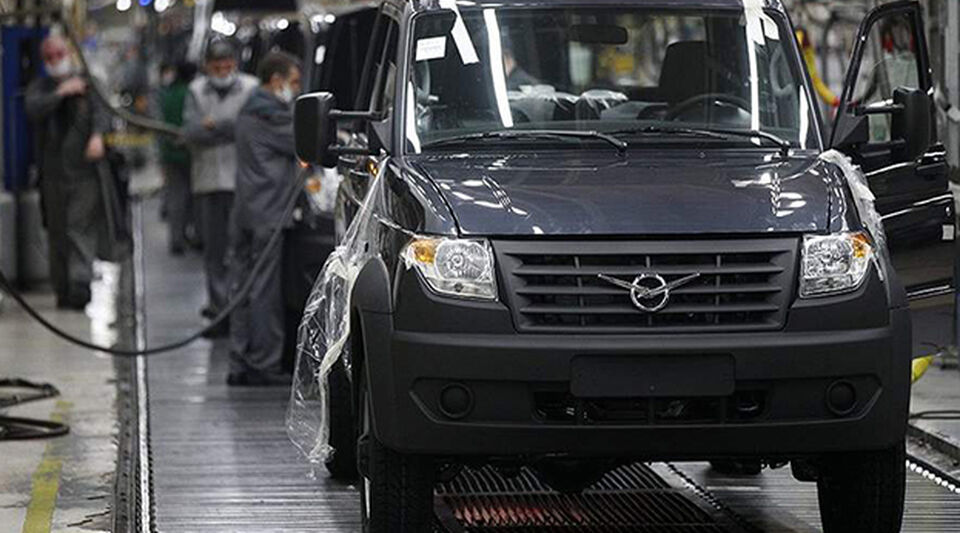The announcement of the opening in Cuba of an assembly plant of the Ulyanovsk Automobile Factory (UAZ) is one of the many symptoms of the good health of relations between Havana and Moscow. The directors of the company assured that they will send the first batch of machines to the island between July and August.
According to a note from half Izvestiapublished last Tuesday, UAZ will install a plant that will operate with the “screwdriver” method, a system used by large manufacturers and which consists of sending the body parts of a vehicle to the country where it will be sold, since it is much more cheaper than exporting a finished unit.
Founded in 1941, UAZ specializes in off-road vehicles, military transport, buses, and trucks. Although the Cuban side is interested in cargo cars from the UAZ Profi range, as well as ambulances created on the basis of the UAZ Loaf model (van type).
The UAZ executives indicated that the plant will operate in alliance with Cuban companies, although the name or location of the assembly plant is not known.
These would not be the first vehicles of this type to circulate through the streets of the Island. In December 2016, the UAZ that carried the ashes of Fidel Castro, in a caravan that crossed a good part of the Island, stopped due to a breakdown in the streets of Santiago de Cuba and five young soldiers had to push the car.
The Cuban side is interested in cargo cars from the UAZ Profi range, as well as ambulances created on the basis of the UAZ Loaf model.
Havana hosted a business forum last week, where a closer alliance between Moscow and the Cuban regime was consolidated. In this meeting, Cuba offered the Russian businessmen the right to usufruct of land for 30 yearsin addition to tax benefits such as tax exemption for the importation of agricultural machinery.
Boris Titov, president of the Cuba-Russia Business Council, assured that, for these business plans to advance, they expect “the reduction of bureaucratic barriers,” a measure for which the Díaz-Canel government has shown unconditional support to change Cuban legislation.
The arrival of companies to the Island also implies a change in the financial system, a task that the authorities of the Central Bank of Cuba have proposed to solve with the expediting to authorize the start of operations of three banks with Russian capital.
Since the war in Ukraine began, the closeness and agreements between Russia and Cuba have been growing. Moscow needs allies after the majority rejection of the invasion and Havana tries to revive a devastated economy. Last March, ATMs on the island began to accept cards from the Russian MIR payment system, the version of Visa or Mastercard launched by the Kremlin in 2016 to avoid possible economic sanctions.
The Russian press recalls that Bolivia became the first country in Latin America to switch to payments in rubles for the purchase of UAZ vehicles. “The new form of payment will significantly simplify the interaction with the Bolivian side and, in the foreseeable future, will help strengthen the brand’s presence in the region,” the note added.
However, the arrival of new Russian officials has raised the alerts of the Cuba 21st Century ideas centerwhich classifies the alliance as a “transition to a mafia state” and calls on Cubans abroad to be vigilant against Russian interference and the possibility that Moscow sends weapons to the island.
________________________
Collaborate with our work:
The team of 14ymedio He is committed to doing serious journalism that reflects the reality of deep Cuba. Thank you for accompanying us on this long road. We invite you to continue supporting us, but this time making you a member of our newspaper. Together we can continue transforming journalism in Cuba.







